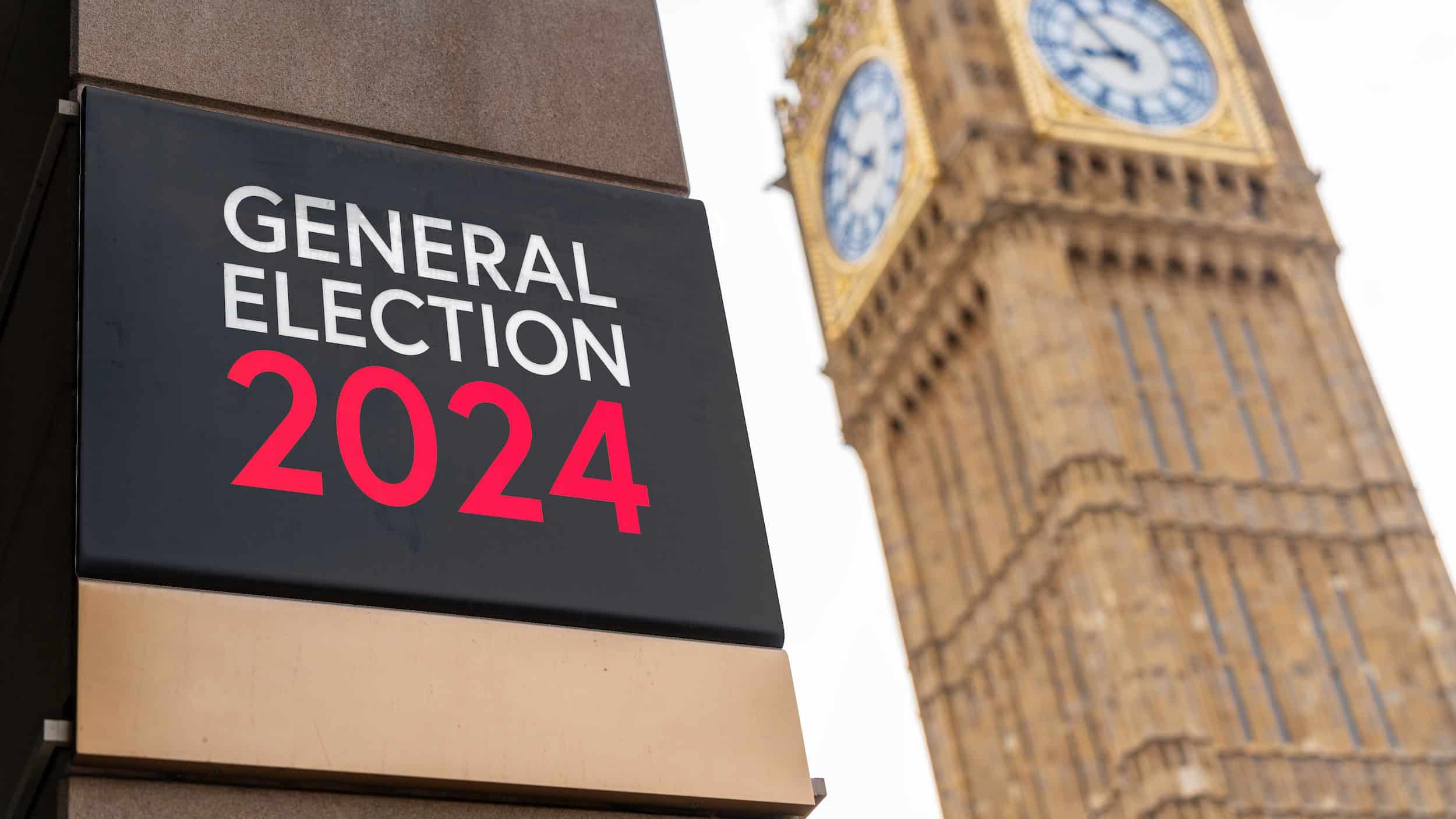
25 October 2022
|Executive Compensation
Blogs
UK Government to scrap bankers’ bonus cap
On 23 September 2022, the Chancellor of the Exchequer delivered his ‘mini-budget’ which was meant to promote economic growth through deregulation (see speech here). One of the proposals from the Chancellor is to abolish the cap on bankers’ bonuses. The Chancellor considers that abolishing such cap is necessary, as a “strong UK economy has always depended on a strong financial services sector” and “[a]ll the bonus cap did was to push up the basic salaries of bankers, or drive activity outside of Europe. It never capped total remuneration, so let’s not sit here and pretend otherwise”.
Background
The cap on bankers’ bonuses was introduced as an EU-wide measure under Directive 2013/36/EU of the European Parliament and of the Council of 26 June 2013 on access to the activity of credit institutions and the prudential supervision of credit institutions and investment firms (“CRD IV”). CRD IV imposed remuneration requirements which prominently included a cap on bankers’ bonuses, which is a cap on the ratio of variable to fixed remuneration on relevant staff, which applies to remuneration awarded for the performance year 2014 onwards.
As noted by the FCA in PS17/10 at paragraph 1.5, the purpose of the remuneration restrictions set out in CRD IV is to ensure that remuneration policies are consistent with and promote sound and effective management, do not promote excessive risk taking and are aligned with the long-term interests of the firm (see report here).
Under section 7 of the European Union (Withdrawal) Act 2018, EU laws which applied to the UK before exit day continue to be domestic law. The Government has recently introduced to Parliament the Retained EU Law (Revocation and Reform) Bill 2022 to enable the Government to amend more easily, replace and repeal retained EU law (see press release here).
Implications
The City of London Corporation supports the Chancellor’s commitment to removing the bankers‘ bonus cap as this will reaffirm the UK’s status as a global financial centre. It is said that scrapping the bonus cap will give banks the flexibility to reward employees for strong performance (see press release here).
In principle, scrapping the bankers’ bonus cap would allow employers within the financial sector greater flexibility. Instead of offering employees a high basic pay with restrictions on bonus pay, banks could instead offer a lower basic pay with the possibility of earning high bonus pay. This might particularly impact senior executive’s remuneration packages, who are in a position to receive large bonus payments due to their seniority.
However, the decision to scrap the bankers’ bonus cap has been subject to controversy. Former City minister John Glen MP argues, for example, that the decision to scrap the cap should have been postponed amid the current cost of living crisis (see article here).
On 14 October 2022, Kwasi Kwarteng was dismissed as the Chancellor of the Exchequer and was replaced by Jeremy Hunt. Although Jeremy Hunt scrapped virtually all tax cuts from Kwasi Kwarteng’s mini budget, he notably did not include the bankers’ bonus cap as one of the Government’s policy U-turns (see article here). Jeremy Hunt’s decision to proceed with the removing the cap reflects the UK’s long-standing opposition to this EU-wide measure, which was perceived by the Government and the Bank of England as stifling the financial sector’s ability to remunerate its employees in a flexible manner (see article here).









